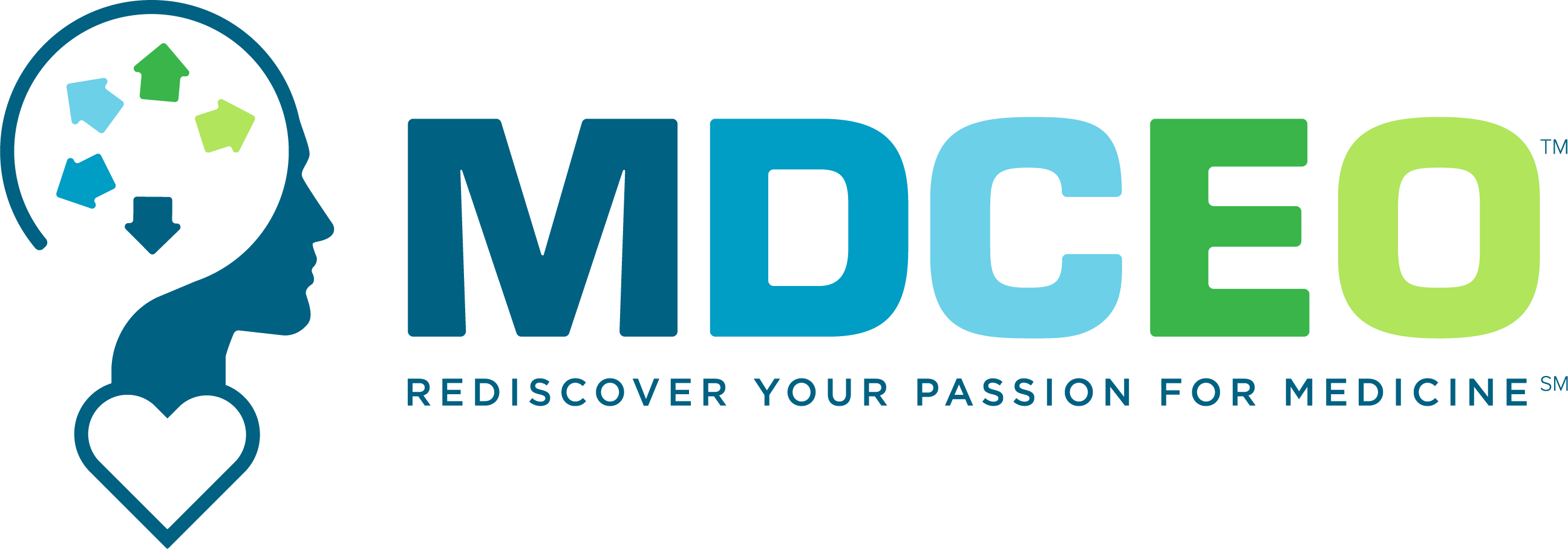April 22, 2024: The Underlying Economic and Moral Assumptions

Moving from Fee for Service to Prospective Payment in Primary Care: Advanced Primary Care — The Future of Primary Care — Part 3
Sponsored by WWW.THEMDCEO.COM
Another example of where US healthcare has gotten off track in the FFS system is with regard to the providers “fiduciary responsibility.” This encompasses the belief of the leaders of health care organizations about to whom and for what they are responsible. Historically the leader of a physician-owned practice/organization believed their responsibility was to the patients for whom they cared. It’s an extension of their oath as physicians. Overcharging for services, excess care, or inappropriate care, which may also be called fraud, waste and abuse, violated their fiduciary responsibility to the patients they served.
This has changed. Medicine has become big business with “non-for profits,” and for-profit enterprises, often funded by private equity stepping in to maximize financial success. Someone who is a chief executive officer or a chief operating officer of an organization that employs physicians, like a hospital or health care system, may believe that he/she is first responsible for the sustainability of the hospital or health care system. Surprisingly this has come at the expense of patients in many instances. Maximizing procedures, codes, medications, and tests – or worse not taking preventive steps to slow or reverse disease in the interest of keeping patients ill to support the system. At the end of the day, he/she may not feel a fiduciary responsibility to the patients or to the community served by the organization.
We are aware of instances where hospital leaders who believe that if the physicians in their employ do their best to reduce the levels of unnecessary care received by patients (care that might lead to harm of the patient) or who refer their patients for specialty care/services outside of their hospital/health system because there is clear evidence that their own hospital/health system does not deliver the best care, has poorer health outcomes or who overcharge for care, threatens the financial well-being of the parent hospital/health system. Disciplining the physicians who they believe undermine the sustainability of the organization is justifiable in their mind.
In a like vein, hospital/health system leaders may purchase a local practice that delivers high quality care that drastically reduces the number of hospital admissions per patient served to their hospital and then close that practice. They argue that they have a fiduciary responsibility to their own organization and the purchased practice was a threat to their organization’s sustainability.
Similarly, health insurance brokers may argue that year after year increases in health insurance rates is good for the country. When hospitals are sustainable, they employ more workers. The growth of the entire health sector creates more jobs and the wealth of the health care related organizations increases. They use this argument to justify year after year increases in the cost of health insurance
As physicians and health care professionals, we believe the health care sector is different from other sectors of our economy. We are responsible for serving people, decreasing suffering and increasing the health of people and communities. This is our “prime directive” and we must use this North Star to judge all of our efforts.
In our view, sucking money into the health care sector that does not improve the health of the nation, that could be better used to improve the local educational system and the other social determinants of health is at the heart of why our country is ranked so poorly when compared with all the other developed countries in the world.
In the book Deaths of Despair and the Future of Capitalism the authors argue that the rates of suicide, drug overdose, and alcoholism have risen dramatically. There is a sense of hopelessness especially in the poor and working classes. We agree with their argument that the current way we finance health care is a major contributor to these conditions.
Thus, the move from what has become a corrupt fee-for-service model that incents doing more to more people to increase profits to a prospective payment model that incents improving health impact is a moral imperative. We believe patient impact is a key measure that should be used to assess the value of those involved in the health care sector. This is why health care delivery is different from all other sectors in the economy.
For those who subscribe to what we call the “throughput model”, American citizens are widgets in the assembly line of care delivery. The mental image created by this image is terrifying; truly “Soylent green is people”.
We subscribe to a dynamic model that values health outcomes. Financial productivity is part of our responsibility, but it is not the primary measure of success. Patient impact is primary. As we adopt the prospective payment model that values health and wellbeing of people and communities, we will overtime adapt our organizations as we learn more about how to achieve positive outcomes.
Scott Conard, MD Michael Tuggy, MD Susan Lindstrom Laurence Bauer, MSW, MEd
scott@scottconard.com MTuggy@converginghealth.com slindstrom@mypha.com laurence.bauer@gmail.com
__________________________________________________________________________
